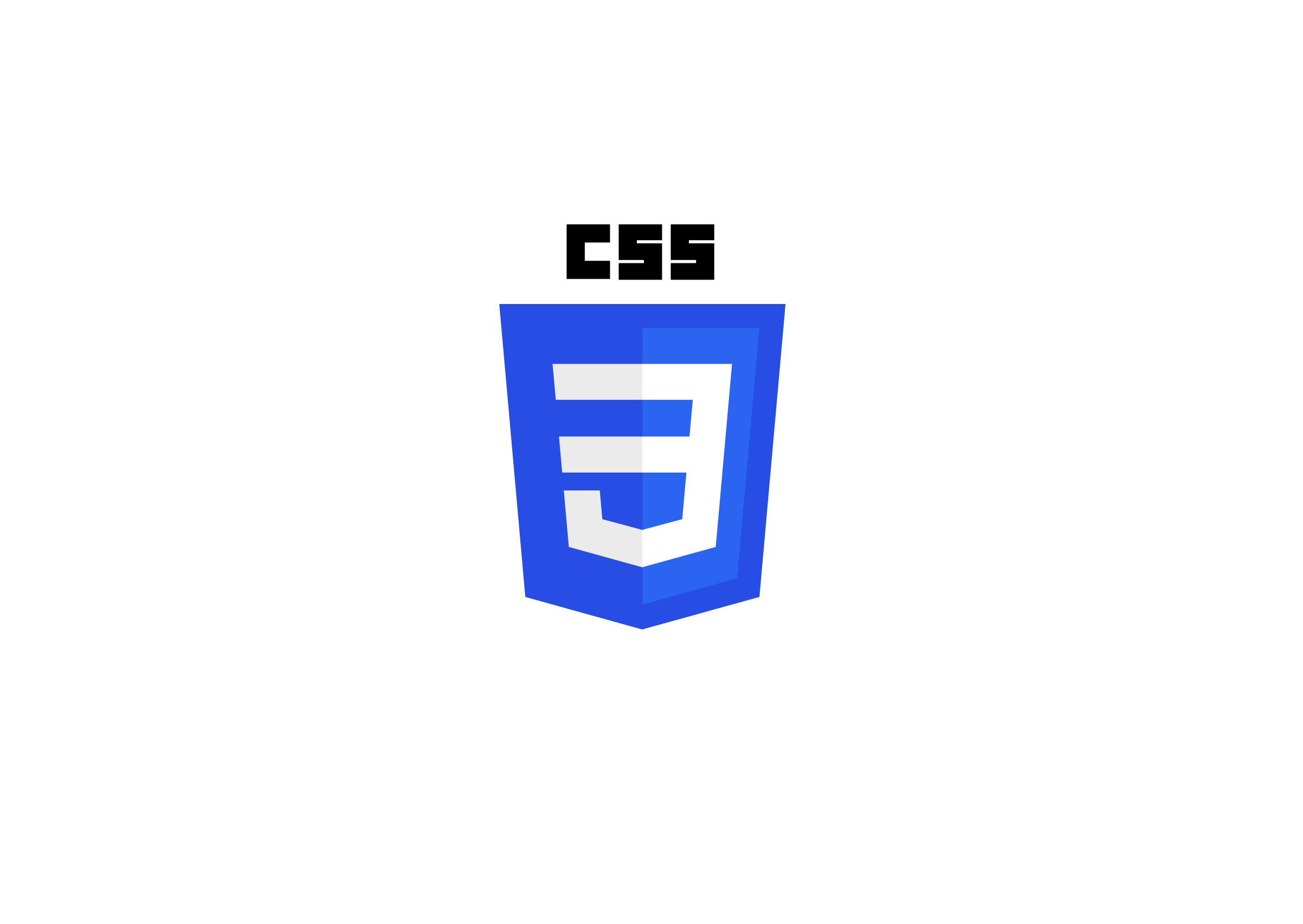

CSS is a good choice for web development due to its simplicity, versatility, compatibility, and community support. It empowers developers to create visually appealing and responsive websites while maintaining code efficiency and modularity.
Python is very easy to read. Also python is powerful. As Django is implemented in python it provides vast support in backend while compromising nothing in frontend.
Django Python is developed for web developers to solve the common issues and problems that developers come across with. Django Python comes with a lot of functionality. Due to the Django framework, developers get to enjoy the fun part of developing.
Django uses the MTV architecture which makes the whole system of transmitting over the internet easier and faster. Django servers handle things pretty well and also maintain the speed.
There are very few possibilities of security loopholes in Django as it is made by the world's best developers. Also in the user authentication system the security is very high.
The Django framework is developed in a way that it takes care of any kind of hardware applications.


CSS, which stands for Cascading Style Sheets, is a fundamental component of web development. It is used to define the visual presentation and layout of HTML documents. CSS allows web developers to control the appearance of web pages, including elements such as fonts, colors, spacing, and positioning. There are several reasons why CSS is widely used in web development: Separation of Concerns CSS enables a clear separation between the structure (HTML) and the presentation (CSS) of a web page. This separation makes it easier to maintain and update websites, as changes to the design can be made independently of the content. Consistency CSS allows developers to apply consistent styles across an entire website or multiple pages. By defining styles in a central CSS file, it is easy to make global changes that will affect all elements using those styles. Flexibility CSS provides a wide range of styling options and allows developers to create complex layouts and designs. It offers precise control over the appearance of elements and allows for responsive designs that adapt to different screen sizes and devices. Efficiency CSS promotes efficient web development practices. By using CSS, developers can write cleaner, more concise code, which leads to smaller file sizes and faster page load times. CSS also supports caching, allowing the browser to store style information and apply it to multiple pages, reducing the need for redundant code. Accessibility CSS supports accessibility features, such as the ability to specify alternative text for images, adjust text size and color contrast, and define focus states for interactive elements. This helps ensure that websites are usable and accessible to a wider range of users, including those with disabilities.